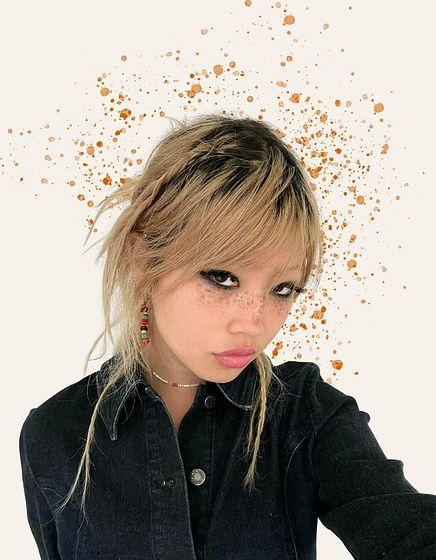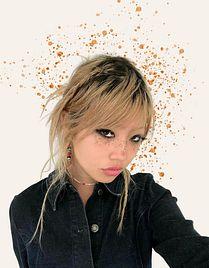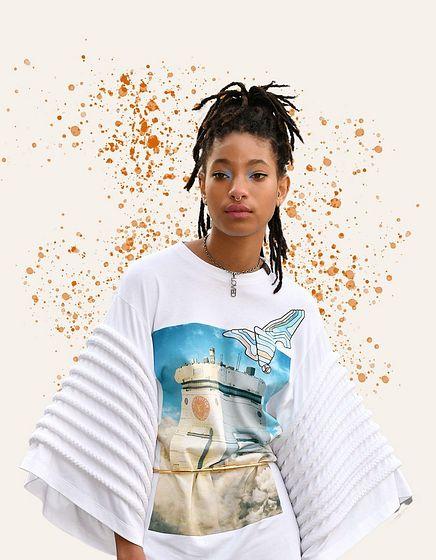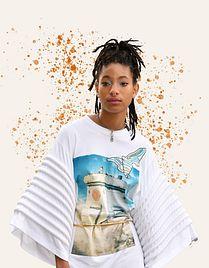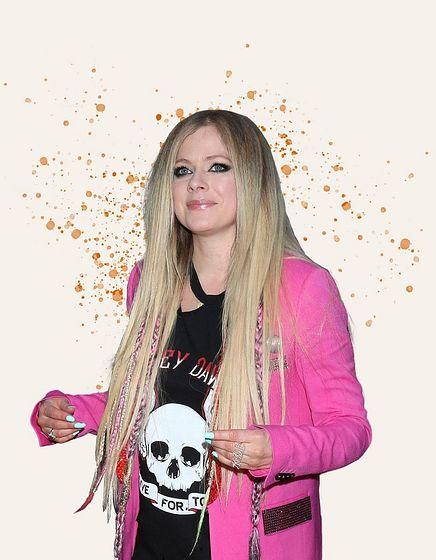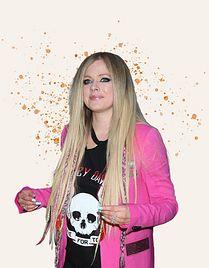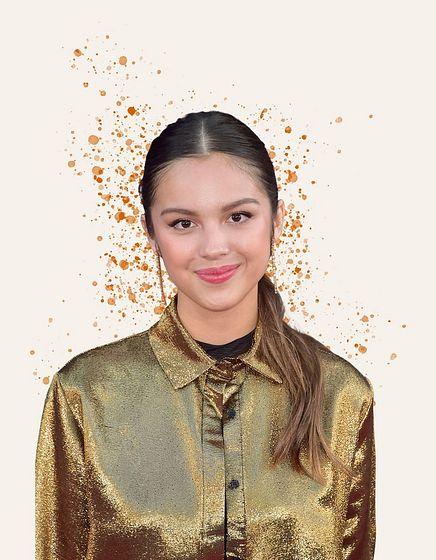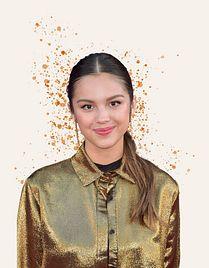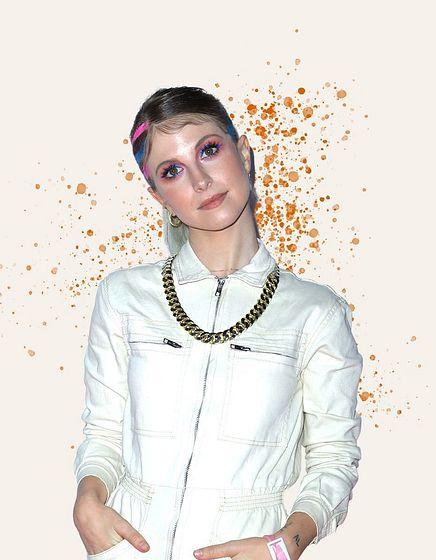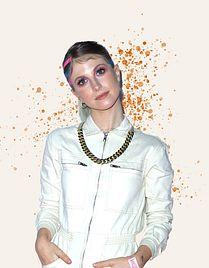here was a time in the 2010s where pop-princesses were the darlings of the music industry and the shining beacons of their labels. Taylor Swift appeared in a never-ending cycle of spangled bodysuits, armed with a sharp red lip. Ariana Grande’s carefully refined Instagram aesthetic was mimicked by hundreds of teenage girls and dominated Pinterest boards.
These pristinely polished pop teens ruled every major stage across the globe. Women could be found singing on a range of acceptable topics approved by domineering record labels: love, heartbreak, female empowerment (censored by male-owned labels), and occasionally, if they were permitted, sex.

